
How Software and QA Testing Services help reduce post release chaos for scaling SaaS teams




1. Introduction By Adnan Ghaffar Published 05/ 11/ 2025




Scaling a SaaS product can seem like an exciting journey. With the increase in users, faster feature rollouts, and the thrill of reaching new milestones, it’s easy to get caught up in the growth. But as the product scales and more users rely on it for critical tasks, the complexity of maintaining high-quality performance grows significantly. This is when Software and QA Testing Services from CodeAutomation become an indispensable part of the process. When a SaaS product grows beyond a small user base, the challenges become harder to manage. What might have been simple to fix early on can quickly spiral into bigger issues that affect the user experience. Without a strong Software Testing Services strategy, even minor bugs can lead to major performance problems once the product reaches more users. This can result in post-release chaos, where everything from system crashes to slow load times impacts your users and, ultimately, your business. The key to preventing this chaos is early and structured testing. By integrating Quality Assurance Testing Services from CodeAutomation from the start, teams can detect issues before they escalate, ensuring that the product is ready for real-world usage at scale. Proper testing doesn’t just focus on whether features work; it ensures that the product performs consistently, remains stable, and is secure across various environments. To achieve this, a robust software testing strategy must scale with the product. This involves integrating both automated and manual testing into your CI/CD pipeline, so every code change is verified early. Automating regression tests and using performance testing services for high-traffic scenarios will ensure that the product can handle growth without compromising user experience. Additionally, coverage for all user journeys is essential to ensure that every feature works as intended, even as the product scales. In this article, we will explore how Software and QA Testing Services from CodeAutomation are critical for SaaS teams to reduce post-release chaos. We will discuss how testing approaches like performance testing, regression testing, and manual and automated QA services help maintain the quality of the product and deliver a seamless experience for users, even as the product scales.
2. Why Scaling SaaS Teams Struggle Without Strong Software Testing Strategy
Scaling a SaaS product can be both exciting and overwhelming. When your user base is small, it’s easier to manage the product’s complexity. Testing seems straightforward, and bugs can usually be fixed quickly. But as the product grows and more users start depending on it, the challenges multiply. Software and QA Testing Services from CodeAutomation move from being optional to absolutely necessary for any SaaS business that plans to scale successfully.
As your product adds more features and serves a larger number of users, the system becomes more complicated. The interactions between features increase, and manual testing becomes less effective. What once worked to catch bugs in the early stages no longer keeps up with the growing demands of the product. If testing is only done at the end of the development cycle, it’s often too late to catch major issues. Teams end up scrambling to fix problems after the release, which leads to frustrated users, downtime, and lost revenue.
A strong software testing strategy ensures that testing keeps pace with the product as it scales. Software and QA Testing Services from CodeAutomation need to be embedded into the development process from the beginning, not added as an afterthought. By integrating testing throughout the lifecycle, teams can catch issues early before they become major problems. This proactive approach helps maintain stability, security, and performance as your product grows.
By integrating both manual and automated testing into your workflow, you can make sure every code change is verified before it goes live. This allows your team to focus on building new features, knowing that the existing functionality remains intact.
Actionable Advice:
Set up a testing strategy that evolves with your product. Combine automated testing for repetitive tasks with manual testing for complex scenarios and new features. With the right balance, Software and QA Testing Services from CodeAutomation will help ensure that your product is ready for the next phase of growth, without unexpected issues getting in the way.

3. Why Technical Leaders Shift to Service-Based QA Testing Instead of Only Hiring In-House
Automation plays a key role in improving efficiency and consistency in software testing. It can quickly run through repetitive test cases, and it is invaluable for regression testing. But automation alone isn’t enough. There are areas where human judgment is critical to ensure a great user experience and identify edge cases that automation might miss.
Automated tests are designed to run through predefined scenarios, checking whether the application’s features work as expected. But humans are necessary for assessing user experience, detecting subtle bugs, and providing contextual feedback that automation cannot understand. For example, only human testers can judge whether a new feature aligns with the overall user journey or if there are inconsistencies in the flow that could frustrate users.
This is why Manual QA Testing Services from CodeAutomation are essential. Manual testers provide domain expertise and critical thinking that automation can’t replicate, ensuring your product delivers the best possible experience for your users.
Actionable Advice:
For a balanced approach, combine automation for repetitive tasks like regression testing and use manual testing for areas that require judgment, such as complex user journeys or workflow testing. Working with a QA Automation Testing Services Company like CodeAutomation can help you set up an integrated approach to ensure quality without overburdening your team.

4. Why Automation Supports Software Testing But Cannot Replace Human Judgment
When automation is used correctly, it helps maintain consistency and allows testers to focus on higher-value tasks. However, it’s important to remember that human testers are still needed to evaluate the product from a user’s perspective, providing the context and intuition that automation simply cannot. Manual QA Testing Services from CodeAutomation bring this level of domain expertise to your testing process.
Actionable Advice:
To achieve optimal testing, combine the strengths of both automation and manual testing. Use automated testing for repetitive tasks and regression checks, and rely on manual testing to ensure the user experience meets expectations. CodeAutomation provides the expertise to integrate these testing approaches effectively into your workflow.

5. Why Different Industries Require Specific Quality Assurance Testing Approaches
Each industry has its unique challenges, regulations, and user expectations. A one-size-fits-all approach to testing doesn’t work for SaaS products across different sectors. For example, healthcare applications must comply with stringent regulations like HIPAA, so certified QA testing services for healthcare software are required to ensure the security and confidentiality of sensitive patient data.
Similarly, financial applications require security testing and QA services to protect financial transactions and sensitive personal information. Ecommerce platforms face unique challenges such as handling traffic surges during high-demand seasons like Black Friday. In these cases, offshore quality assurance services for ecommerce sites ensure systems remain stable during peak traffic periods.
A clear understanding of these sector-specific needs allows SaaS teams to tailor Software and QA Testing Services to meet their business’s requirements, reducing risks and improving user satisfaction.
Actionable Advice:
Work with QA Testing Services Companies that specialize in your industry. If you’re in healthcare, look for companies with HIPAA-compliant testing services. If you’re in ecommerce, consider offshore teams to provide testing during high-traffic seasons. Tailor your testing approach based on the risks specific to your industry.
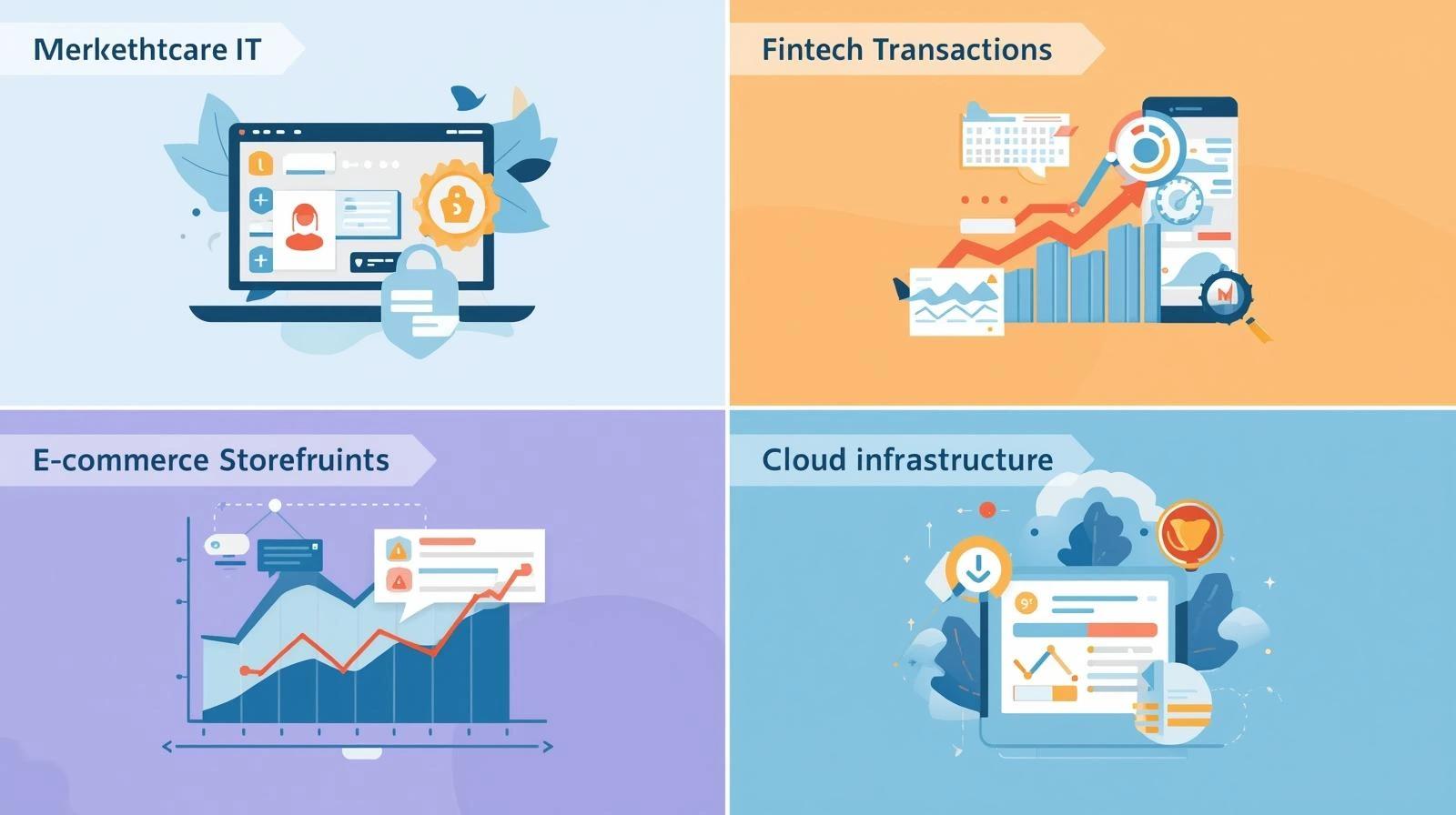
6. Why Performance Testing Services Matter More Than Just Functional Correctness
In the rush to launch new features, many SaaS teams focus solely on functional correctness, does it work as expected? While this is important, it’s only one piece of the puzzle. Performance testing services are just as critical, especially when scaling SaaS applications to handle large user bases.
A feature may function correctly, but if it performs poorly under load, it can still fail to meet user expectations. For instance, an ecommerce site with a slow checkout process during high traffic can lead to abandoned carts, while a SaaS app that lags during peak usage will drive users to find alternatives.
By focusing on performance testing services for high-traffic websites, teams ensure that their software can handle the expected load and continue to perform well even during spikes in usage. Testing for performance bottlenecks, latency issues, and server load is key to maintaining a smooth user experience and avoiding critical failures post-launch.
Actionable Advice:
Incorporate performance testing into your release process, alongside functional testing. Use load testing and stress testing to simulate high-traffic conditions and ensure your app performs well under pressure. Working with a QA Testing Services Company that specializes in performance testing can help you avoid post-release slowdowns.
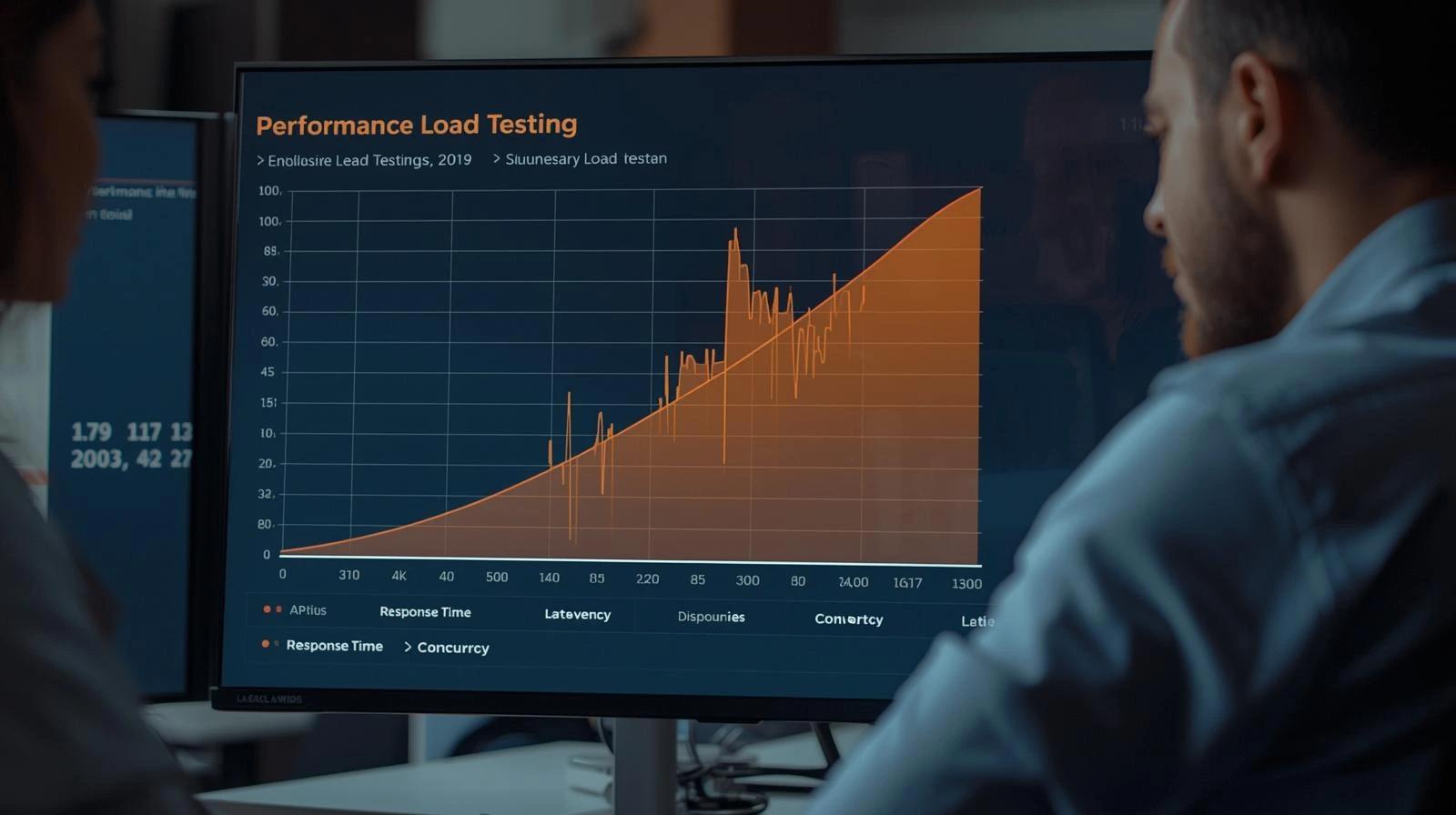
7. How CI-Based Validation Improves Testing Services Maturity and Deployment Confidence
In today’s fast-paced software environment, continuous integration (CI) is essential for maintaining quality across multiple releases. Quality Assurance and Testing Services integrated into CI pipelines ensure that every code change is automatically validated, reducing the risk of introducing bugs into production.
CI-based validation helps teams maintain quality by providing quick feedback on code changes. By catching issues early in the development cycle, teams can avoid last-minute rushes to fix problems before a release. This also allows for a more predictable release schedule, as Software and QA Testing Services ensure that every release is validated, tested, and ready for deployment.
Actionable Advice:
Integrate Software and QA Testing Services with your CI pipeline. Ensure that quality gates are enforced, and test automation is built into the pipeline to catch issues early. This will help improve deployment confidence and reduce the risk of post-release failures.
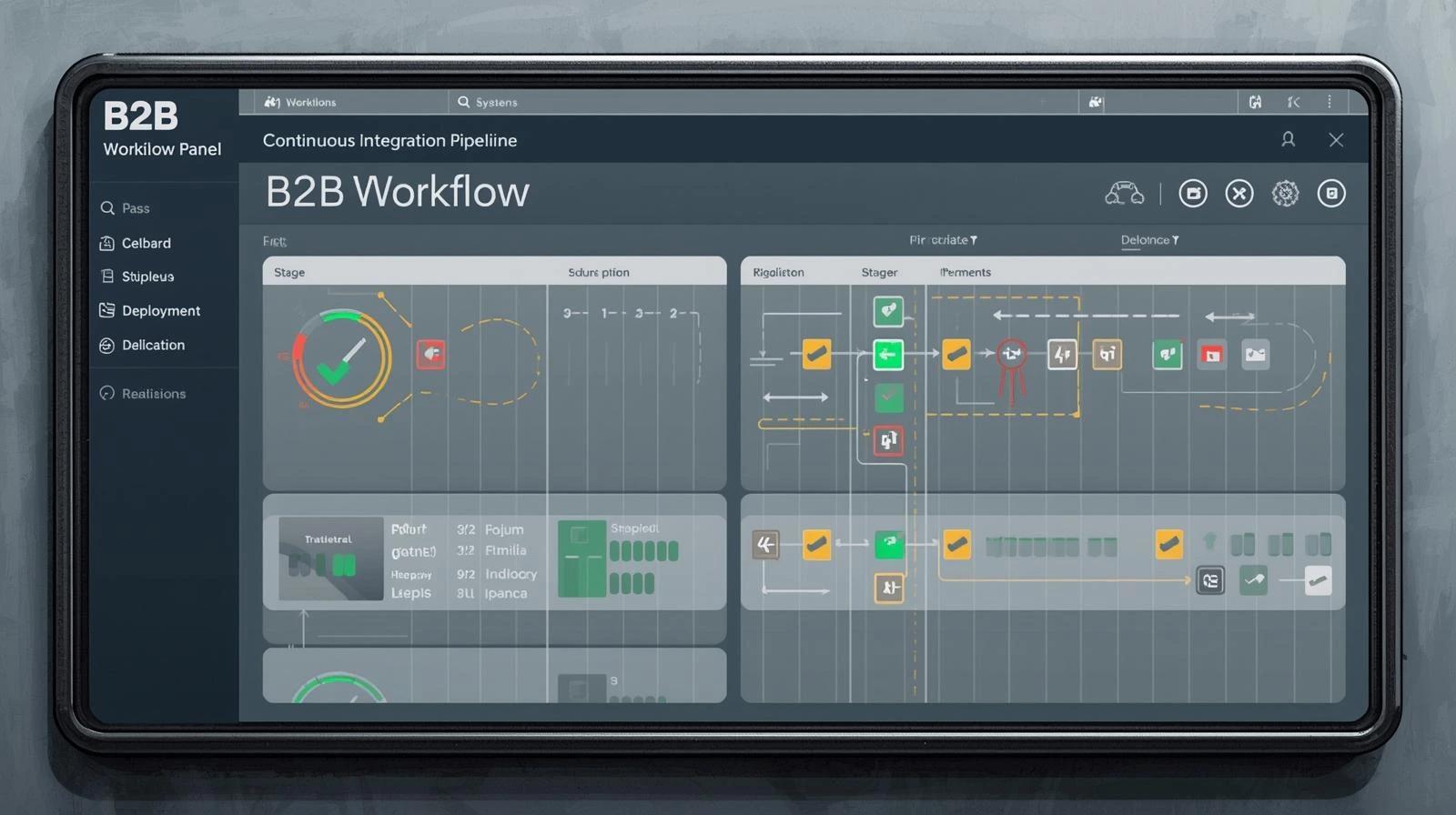
8. Why SaaS Startups Benefit From Affordable Testing Services Instead of Internal QA Headcount
For many SaaS startups, building an internal QA team may not be feasible or cost-effective. Rather than hiring full-time in-house testers, startups can benefit from affordable software testing services for startups. This provides them access to high-quality testing resources without the overhead costs associated with maintaining a large internal QA team.
Startups need to move fast, but they also need their product to work reliably. By outsourcing testing to a QA Testing Services Company, startups can gain enterprise-level testing expertise while keeping costs manageable. This allows them to release products that are thoroughly tested and ready for real-world use, without overextending their resources.
Actionable Advice:
Consider working with a QA Testing Services Company that offers flexible and affordable solutions. Whether you need automated testing for scalability or manual testing for usability, these services provide the expertise you need to ensure your product is launch-ready while saving on the cost of hiring a full-time team.

9. How Scalable Testing Approaches Support SaaS Complexity Growth
As SaaS products grow, they inevitably become more complex, with new features, integrations, and user journeys. This increase in complexity requires a testing strategy that can scale with the product. Scalable software testing services for SaaS products are essential for ensuring that every new feature is tested thoroughly and that system-wide regression is minimized.
Testing needs to evolve alongside the product. As new modules are added and systems become more interconnected, maintaining test coverage across all features and user journeys becomes increasingly important. Software and QA Testing Services should scale with the product to keep up with the increasing complexity without slowing down development.
Actionable Advice:
Implement scalable testing services that can grow with your product. Regularly evaluate your testing strategy to ensure it remains effective as your product evolves. Invest in automated testing to handle repetitive tasks, and ensure manual testers focus on more complex user flows and integrations.
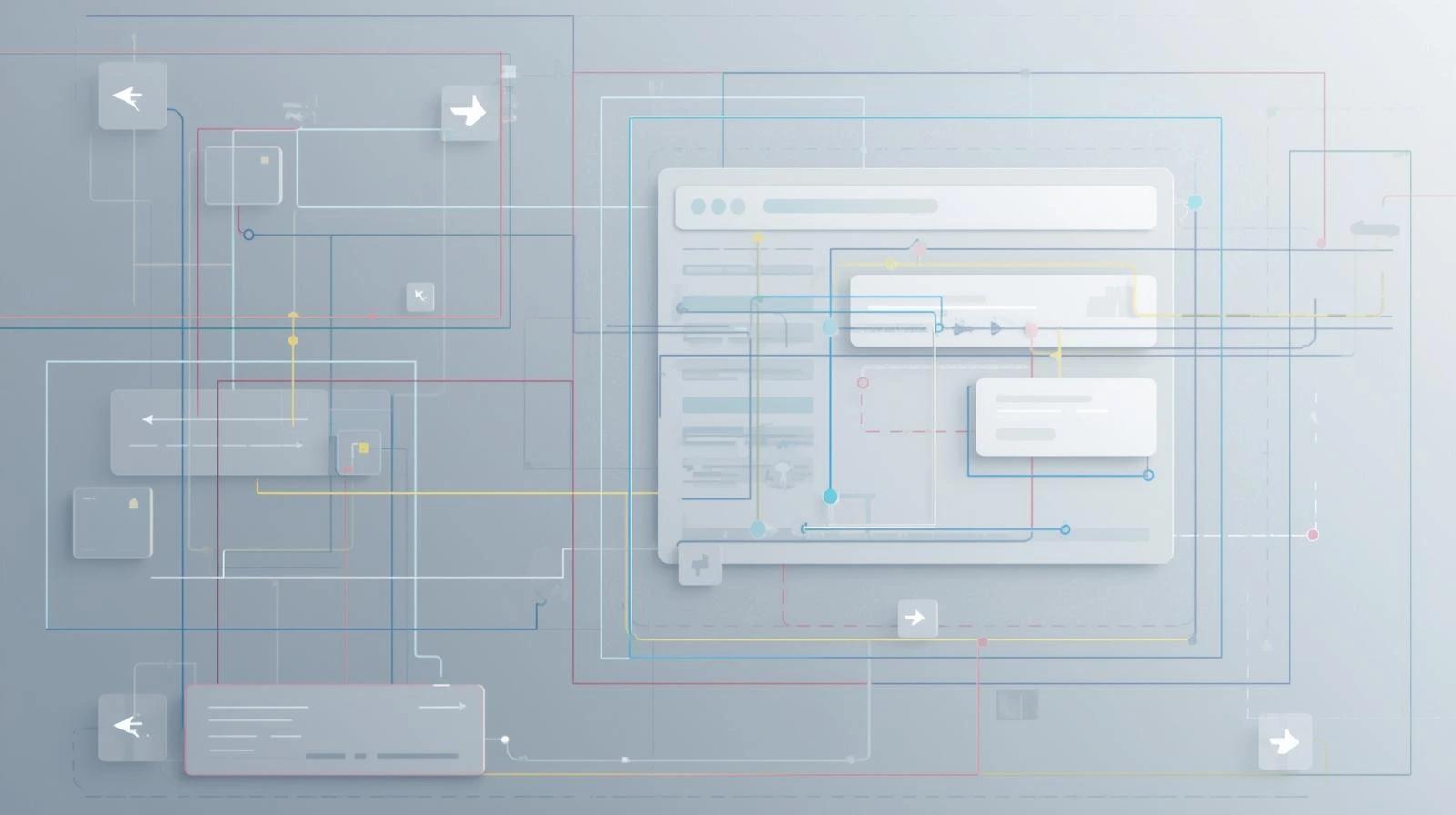
10. Why Agile Releases Demand Continuous Quality Assurance Every Sprint
Agile development emphasizes frequent releases and rapid iteration. However, this pace can often create challenges for maintaining quality. End-to-end quality assurance services for agile teams ensure that each feature is validated as part of the sprint, allowing for continuous testing that keeps the product stable through frequent updates.
In an agile environment, testing cannot be a “one-time” activity performed at the end of the sprint. It must be integrated throughout the sprint, ensuring that every feature added is validated and refined before release. Software and QA Testing Services enable teams to move quickly while maintaining high standards of quality.
Actionable Advice:
Incorporate continuous testing into your agile workflow. Use automated testing for fast feedback and leverage manual testing to address user experience issues during each sprint. By making testing a continuous part of the process, you can maintain quality while iterating quickly.
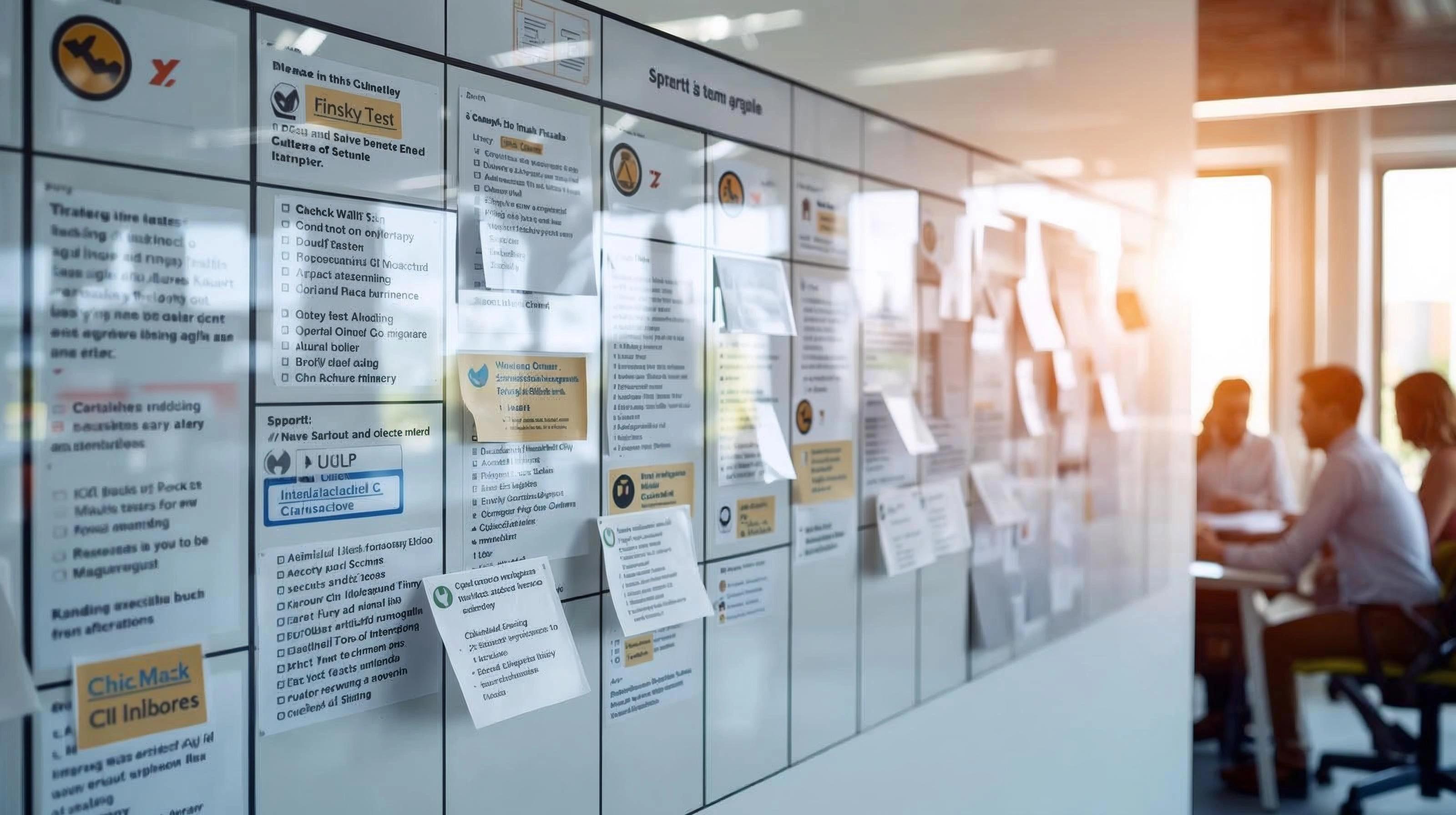
11. How Vendor Specializations in QA Testing Services Influence Release Outcomes
As software products become more complex, testing strategies need to be tailored to fit specific requirements. Different types of software, whether cloud applications, media platforms, or fintech apps, each come with their own unique risks and challenges. By choosing a vendor with the right QA testing services, teams ensure that their testing efforts match the specific needs of their product.
For example, performance testing is critical for high-traffic websites, while security testing is a priority for financial applications. By selecting a QA company that specializes in your industry, you can ensure that your testing efforts are well-targeted, reducing risk and improving the likelihood of a successful release.
Actionable Advice:
Work with QA Testing Services Companies that have industry-specific expertise. By aligning your testing strategy with the vendor’s strengths, you can ensure that your product meets the specific requirements of your industry, whether that’s performance, security, or compliance.

12. Why Technical Learners Need to Study Real Pipeline and Test Architecture Patterns
If you're aiming to grow within the field of QA testing, it’s essential to go beyond simply memorizing tool commands and start understanding the system as a whole. To truly become an effective tester, you need to focus on the underlying system dynamics. This means understanding how the various components of the product work together and how changes in one part can affect the rest. Testing is not just about checking for errors; it’s about ensuring the entire software ecosystem is working as intended, even as the product scales.
Failures don’t always come from visible bugs or broken features. More often than not, issues arise from factors like environment drift, branching strategies, feature flag mismatches, data state collisions, and concurrency problems. These are the kinds of issues that are often overlooked in typical UI testing but can cause significant problems once the product is released. The reality is, real testing is not just about the user interface; it's about validating the architecture of the software itself.
Many SaaS teams don’t need to completely overhaul their engineering process to improve their release stability. Sometimes, what they need most is a better testing structure and someone with the right experience to help them see the gaps they might be missing. If you're looking to strengthen your current testing approach without overwhelming your team, working with an experienced partner like CodeAutomation can guide you through the process step by step.
As a technical learner, it's important to shift your focus from just using tools to understanding test architecture patterns. This means learning how your tests fit into the continuous integration (CI) pipeline and how automated testing can be used strategically. Rather than focusing solely on UI testing, you need to learn how testing strategies can prevent issues before they affect users. This broader understanding will set you apart as a skilled QA professional who can tackle complex, real-world problems.
Actionable Advice:
For those looking to grow in the field of QA testing, the key is to develop an understanding of how testing integrates with the broader software development process. Focus on test architecture and learn how automated testing plays a role in maintaining stability and performance as your product scales. By gaining this knowledge, you’ll be better equipped to design testing strategies that improve the overall quality and reliability of the product.

If you ever want to explore how your current testing approach could be strengthened without overwhelming your team, CodeAutomation can walk you through that step by step in a friendly, low-pressure way.
13. Conclusion
Scaling a SaaS product is not simply about adding more features or releasing updates faster than competitors. The true challenge lies in maintaining quality, stability, and performance as the product evolves. This requires a robust testing strategy that goes beyond just verifying that new features work. In fact, Software and QA Testing Services from CodeAutomation are essential to ensuring that your software remains reliable under real-world conditions. The post-release chaos that many teams experience is not inevitable. It is often the result of underestimating the need for quality testing early in the development process. As we have explored, testing should not be a last-minute check but an integral part of the development cycle. When testing is reactive, teams end up rushing fixes, dealing with user complaints, and spending valuable time tracking down issues that could have been caught earlier. By implementing a solid testing framework, teams can avoid these pitfalls and prevent chaos. The journey to scaling a product successfully requires a structured approach to testing. As the product grows, new features and integrations introduce additional layers of complexity. This is where Quality Assurance Testing Services from CodeAutomation come into play, ensuring that every module works cohesively with the rest of the system. Software and QA Testing Services are not just about catching bugs; they are about establishing confidence in every release. Whether it’s performance testing services for high-traffic websites or certified QA testing services for specialized industries like healthcare or finance, having the right testing strategy in place ensures that your software can handle both expected and unforeseen challenges. For SaaS startups, leveraging affordable software testing services can provide the necessary expertise without the burden of hiring a full-time internal QA team. These services offer predictable costs and access to highly skilled professionals who can help scale quality assurance efforts without draining resources. For larger teams, adopting scalable testing approaches ensures that the testing strategy grows with the product. The complexity of the software only increases over time, and so should the approach to testing. The key takeaway is simple: Quality assurance should never be an afterthought. By integrating structured testing from the beginning, SaaS teams can avoid costly mistakes and reduce the risk of release failures. Investing in Software and QA Testing Services early in the process ensures a smoother development journey and a higher-quality product. Teams that get testing right from day one not only protect user trust but also create the foundation for long-term success in an increasingly competitive market. In short, Software and QA Testing Services are the backbone of scaling success. With the right testing approach, teams can release with confidence, deliver quality products, and build strong relationships with their users. By prioritizing testing as an ongoing process rather than a one-time task, SaaS teams can meet the demands of today’s fast-paced digital environment while keeping quality at the forefront.
Frequently Asked Questions (FAQs)
A: Most teams struggle because testing does not scale at the same speed as feature development. When customer usage increases, bugs start appearing in places no one expected. This is usually when engineering leaders begin exploring Software Testing Services or broader Quality Assurance Services to create predictable release cycles instead of hoping nothing breaks after deployment.
A: Manual testers are valuable, but manual testing alone cannot keep up with continuous delivery. Automation is how repeatable flows get protected inside CI pipelines. This is where partnering with a QA Automation Testing Services Company helps, because the goal is not replacing humans, it is stabilizing regression and reducing repetitive testing overhead.
A: Any SaaS product that handles traffic spikes or peak seasons needs performance testing services for high traffic websites. A feature can be logically correct and still lose customers if it performs slowly. Performance is not an optional luxury. For conversion driven teams, it is a requirement.
A: Choose through relevance. If you are mobile heavy, look for teams offering comprehensive software testing services for mobile apps. If you handle sensitive data, look into certified QA testing services for healthcare software or security centric QA providers. Vendor selection should match your product’s risk profile, not just price.
A: Yes. Many early stage teams choose affordable software testing services for startups because it is cheaper than hiring full time QA staff before they truly need it. The cost of one production failure is often higher than the cost of a structured test cycle.
A: Internal QA is useful long term, but most teams start with a Full Service QA Testing Company because they need maturity faster than they can hire it. Outsourced quality engineering gives immediate structure while internal teams continue growing.
A: CodeAutomation operates from Chicago, Illinois and understands American SaaS delivery expectations. The company offers specialized testing and QA services that focus on preventing post release damage instead of just reacting to bugs. The value is not in checking features. The value is in protecting business outcomes.
Adnan Ghaffar is the visionary CEO of CodeAutomation.ai, a platform dedicated to transforming how businesses build software through cutting-edge automation. With over a decade of experience in software development, QA automation, and team leadership, Adnan has built a reputation for delivering scalable, intelligent, and high-performance solutions.
Under his leadership, CodeAutomation.ai has grown into a trusted name in AI-driven development, empowering startups and enterprises alike to streamline workflows, accelerate time-to-market, and maintain top-tier product quality. Adnan is passionate about innovation, process improvement, and building products that truly solve real-world problems.


